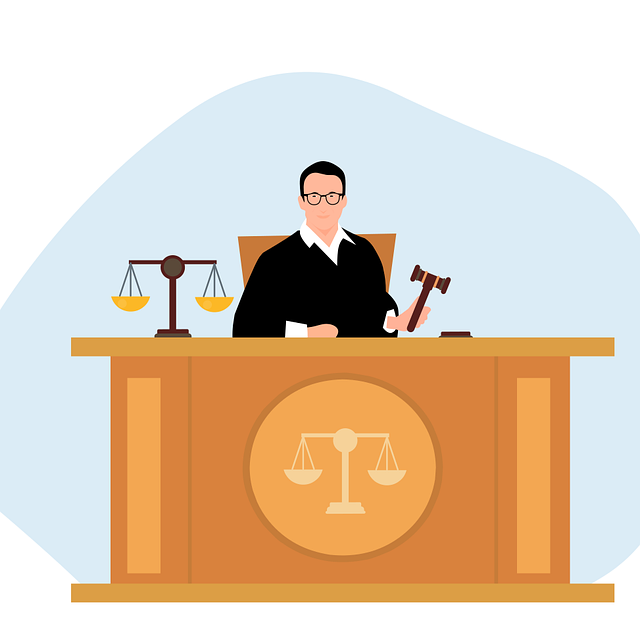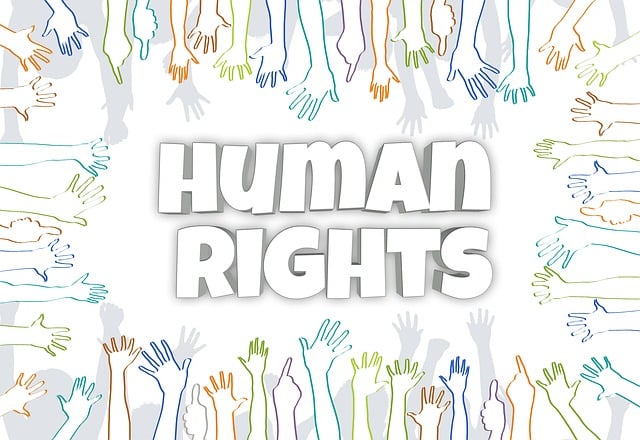The Consumer Fraud Class Action Lawsuit Process empowers consumers to fight fraud by joining forces against common defendants. Legal experts navigate complex cases, using federal laws and state legislation to protect rights and seek justice through settlements or trials. This process involves investigative stages, evidence gathering, negotiations, and court appearances, holding perpetrators accountable while providing financial compensation and deterrence for widespread consumer fraud. Businesses face substantial strain and reputation damage, while consumers undergo lengthy procedures with uncertain outcomes.
Explore the intricate world of litigation with our comprehensive guide on various types, focusing on consumer fraud cases and class action lawsuits. Learn how these legal battles play out, from understanding the nuances of consumer protection laws to mastering the strategic process of class action initiatives. Uncover key elements that drive successful suits and discover legal strategies maximizing compensation for affected parties. Gain insights into the broader impacts on businesses and consumers alike.
- Understanding Consumer Fraud Cases
- Class Action Lawsuit Process Unveiled
- Key Elements of a Successful Suit
- Legal Strategies for Maximum Compensation
- The Impact on Businesses and Consumers
Understanding Consumer Fraud Cases

Understanding Consumer Fraud Cases involves recognizing patterns of deceptive practices aimed at individual consumers or groups, often involving complex transactions and extensive financial losses. These cases typically revolve around misleading marketing, false advertising, or the sale of defective products. A key aspect is the Consumer Fraud Class Action Lawsuit Process, where a significant number of consumers join together to file a lawsuit against a common defendant. This collective action allows for more substantial compensation per plaintiff and serves as a powerful deterrent across the country.
Legal experts play a crucial role in navigating these cases, ensuring that each consumer’s rights are protected. Through extensive research and documentation, they build strong arguments based on state and federal laws, such as the Federal Trade Commission Act and state-specific consumer protection legislation. The goal is to secure justice for his clients, whether through settlements or jury trials, ultimately holding accountable those who engage in fraudulent activities that harm consumers.
Class Action Lawsuit Process Unveiled

A Consumer Fraud Class Action Lawsuit Process involves a collective effort to address wrongdoings that affect numerous individuals. It begins when consumers, who have experienced similar instances of fraud or deception by a business or individual, come together to form a class. This cohesive group then seeks legal recourse through a lawsuit, aiming to achieve extraordinary results and hold the perpetrator accountable. The process encompasses all stages of the investigative and enforcement process, from gathering evidence and conducting thorough investigations to negotiating settlements or taking the case to court.
Through this collective action, consumers can pool their resources and expertise, making it easier to prove widespread fraud. This type of lawsuit is particularly effective in addressing white-collar and economic crimes, where the impact on each victim might be significant but individually minimal. By banding together, consumers can not only seek compensation for their losses but also contribute to deterring future instances of consumer fraud.
Key Elements of a Successful Suit

A successful Consumer Fraud Class Action Lawsuit Process hinges on several key elements. Firstly, a robust and well-defined legal strategy is essential. This includes identifying clear patterns and evidence of consumer deception across the country, which has been a hallmark of many landmark cases. Attorneys must meticulously gather and present facts that demonstrate deceptive practices by the defendant, often involving complex financial or product data. An unprecedented track record of winning such cases can be a significant advantage, as it demonstrates the lawyer’s expertise and commitment to his clients.
Moreover, effective communication is vital. The lawsuit should clearly articulate the wrongs committed, the harm suffered by consumers, and the relief sought. This involves translating legal jargon into language that not only makes sense to the court but also resonates with potential class members. A successful suit not only secures financial compensation for victims but also serves as a powerful deterrent against future consumer fraud, ensuring a safer marketplace for everyone.
Legal Strategies for Maximum Compensation

In the realm of consumer protection, legal strategies for maximum compensation are paramount when tackling instances of fraud and deception. One powerful tool is the Consumer Fraud Class Action Lawsuit Process, which allows a group of consumers to band together and hold corporations accountable for their unethical practices. This collective action not only amplifies the impact but also ensures that each plaintiff receives fair redress. By employing well-crafted legal arguments and leveraging evidence, plaintiffs’ attorneys can navigate the intricate aspects of such cases, aiming for favorable outcomes like substantial monetary damages or injunctive relief to prevent future misconduct.
The success in high-stakes cases often lies in meticulous planning and an understanding of complex legal landscapes. When facing a challenging defense, strategic decisions become crucial. Attorneys must meticulously gather and present evidence, employing expert witnesses and comprehensive documentation to build a compelling case. Ultimately, the goal is not only to win challenging defense verdicts but also to ensure that consumers are compensated for their losses and that corporations are deterred from engaging in fraudulent activities, thereby avoiding indictment and fostering a fair market environment.
The Impact on Businesses and Consumers

When businesses face litigation, whether it’s a Consumer Fraud Class Action Lawsuit or a general criminal defense case, the impact can be far-reaching. These legal battles often lead to significant financial burdens and reputational damage for companies. In the context of Consumer Fraud Class Action Lawsuits, businesses may find themselves on the defensive, facing allegations of misleading marketing practices or false product claims that have deceived consumers. The lawsuit process involves extensive investigations, depositions, and negotiations, all of which can drain resources and distract from core business operations.
Consumers, too, are affected by these legal proceedings. While they may benefit from financial compensation or improved product standards if the suit is successful, the process itself can be lengthy and complex. Jury trials, though offering a degree of transparency, may introduce uncertainty into the outcome. Additionally, for philanthropic and political communities that often rely on business partnerships, litigation can disrupt established relationships, impacting their ability to collaborate effectively. This interconnectedness underscores the need for both businesses and consumers to approach litigation with careful consideration and, where possible, resolution through alternative dispute resolution methods.
Litigation plays a pivotal role in addressing consumer fraud, with class action lawsuits emerging as a powerful tool. Understanding the intricacies of these cases, from identifying key elements for success to employing strategic legal approaches, is essential for both businesses and consumers. By navigating the Consumer Fraud Class Action Lawsuit Process, individuals can seek maximum compensation while businesses learn to mitigate risks and uphold ethical practices, ultimately fostering trust in the marketplace.






